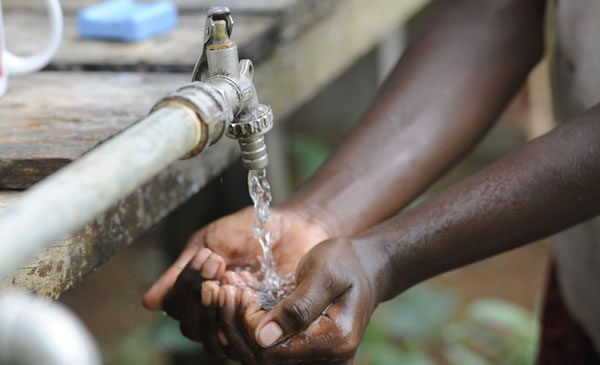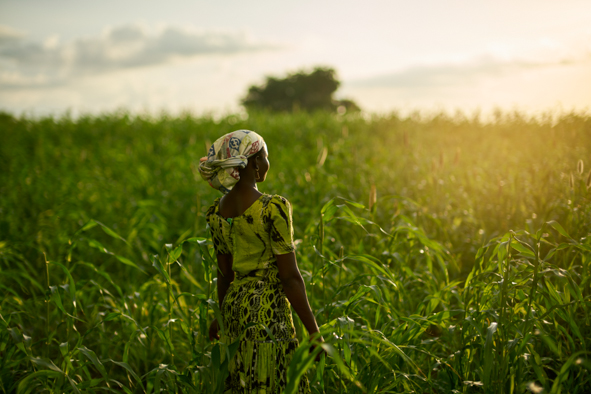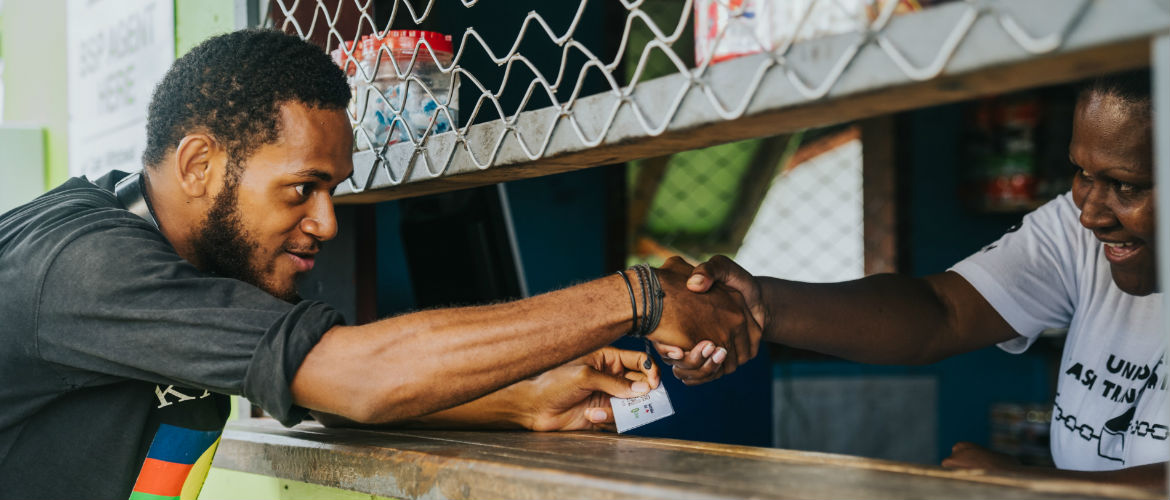Oxfam Australia have joined the global campaign calling for a critique of transnational corporations that are shaping the global response to the world water crisis.
Almost a year ago, Oxfam Australia supported the appointment of Catarina de Albuquerque, the Independent Expert to work on the human right to water and sanitation. One year on, there have been a number of important positive developments including the Human Rights Council’s reaffirmation of the right to water and sanitation and the appointment and extension of mandate for the Special Rapporteur on the human right to safe drinking water and sanitation.
On this anniversary, Oxfam added our signature to a letter to the UN that commends the UN’s support for the Human Right to Water and Sanitation and critiques the role of Transnational Corporations and multi-lateral organisations such as the World Bank and the International Monetary Fund (IMF). Notably, corporations are shaping the global response to the world water crisis by inserting themselves into UN activities as financiers, collaborators, experts, advisors and participants.
Through these means, transnational corporations have gained unprecedented access and influence over the UN at the same time that their activities frequently lead to human rights abuses on a very large scale. Today, the overwhelming focus of international organizations like the UN and World Bank on “partnerships” with the private sector is failing to provide for basic water and sanitation needs, especially in developing countries and rural areas where the need for investment is great.
Furthermore, these corporate-promoted partnerships overlook the danger of growing corporate control over water, the inadequacy of pay-to-play responses, and the need to strengthen governments in order to ensure proper water governance.


 Doris*, daughter, 5; Pamila*, 2. Christina grows maize and she was shown how to make compost as part of the CRAFS (Climate Resilient Agriculture and Food Systems) programme.
Doris*, daughter, 5; Pamila*, 2. Christina grows maize and she was shown how to make compost as part of the CRAFS (Climate Resilient Agriculture and Food Systems) programme.
